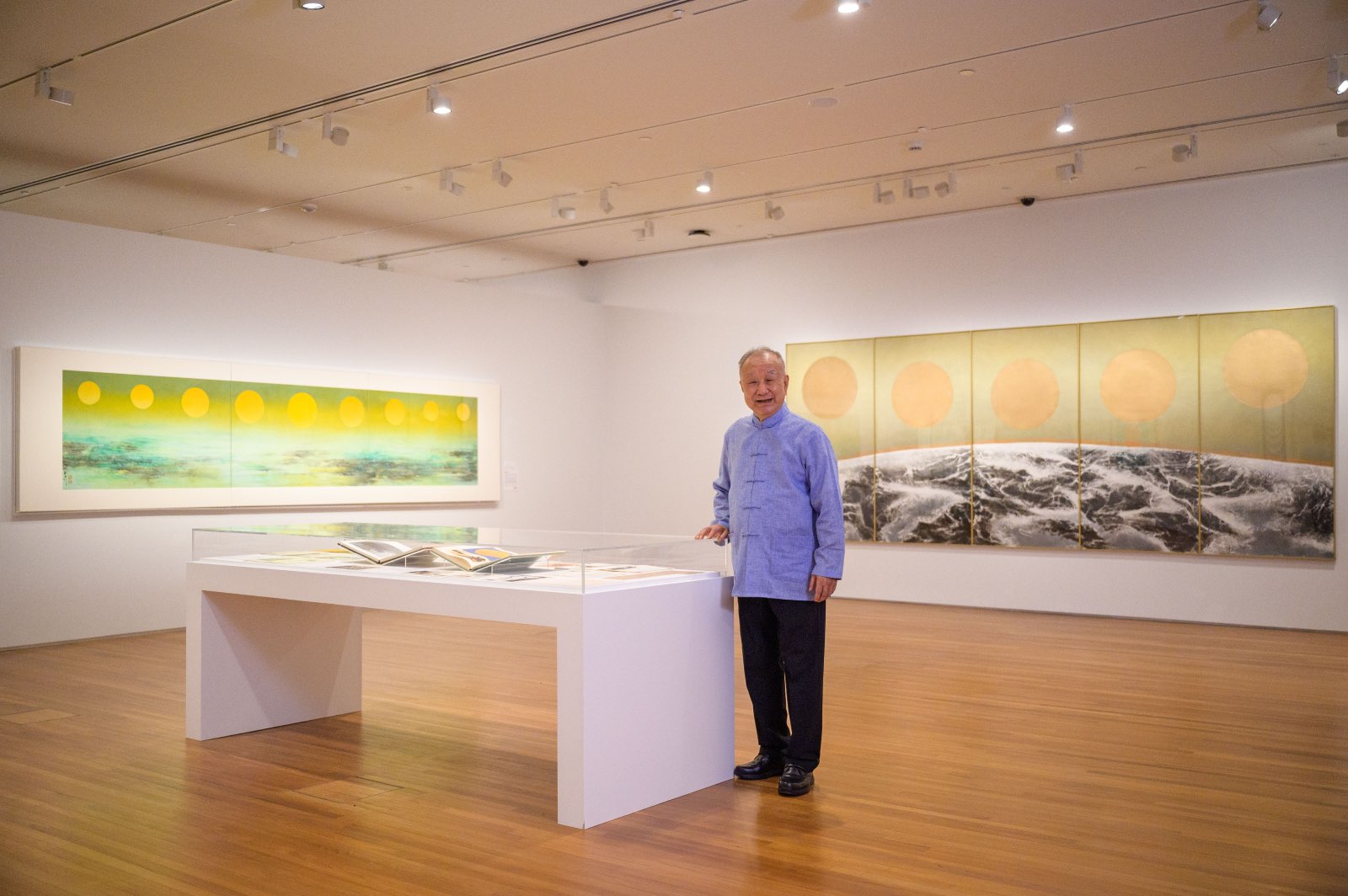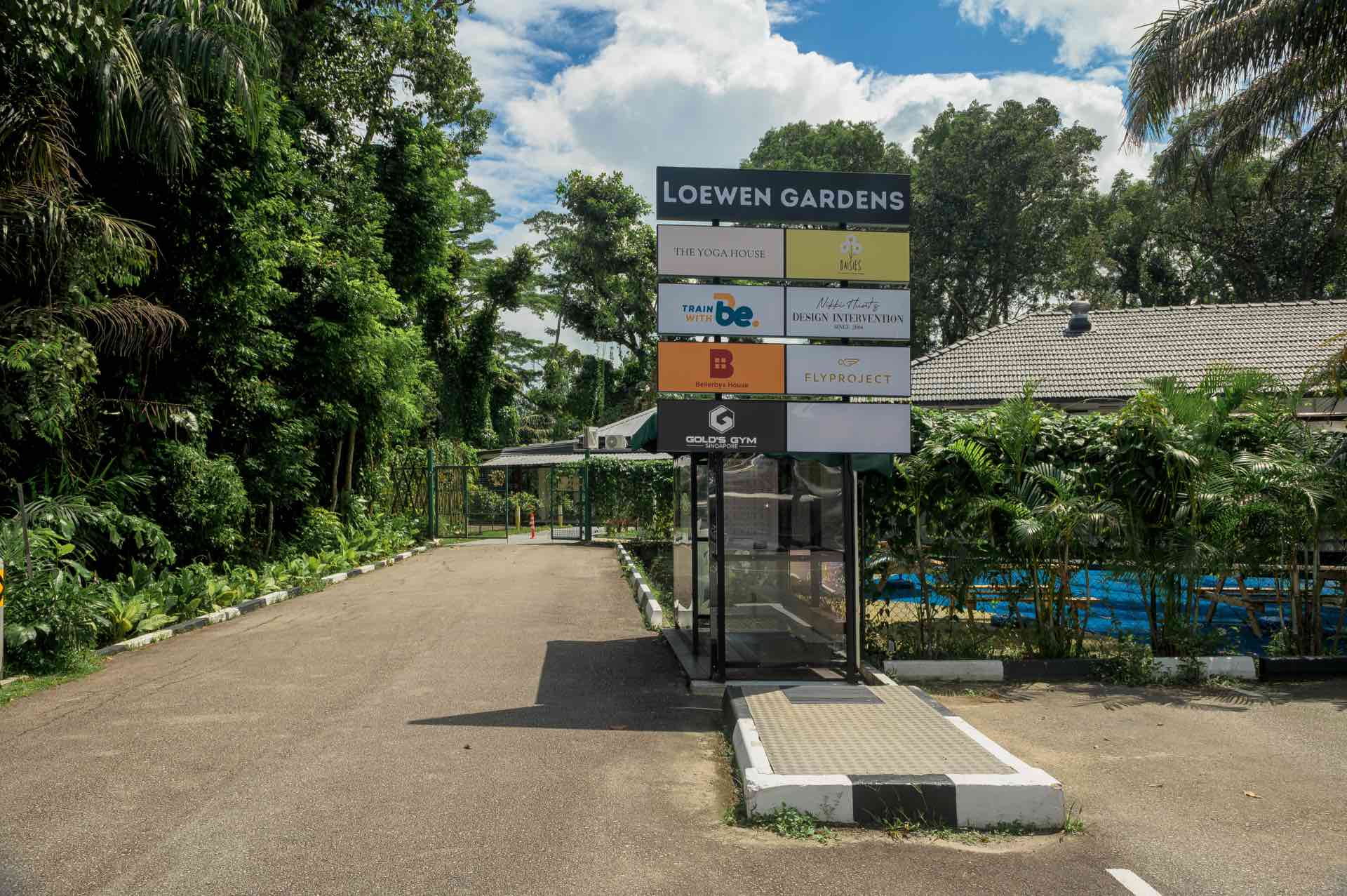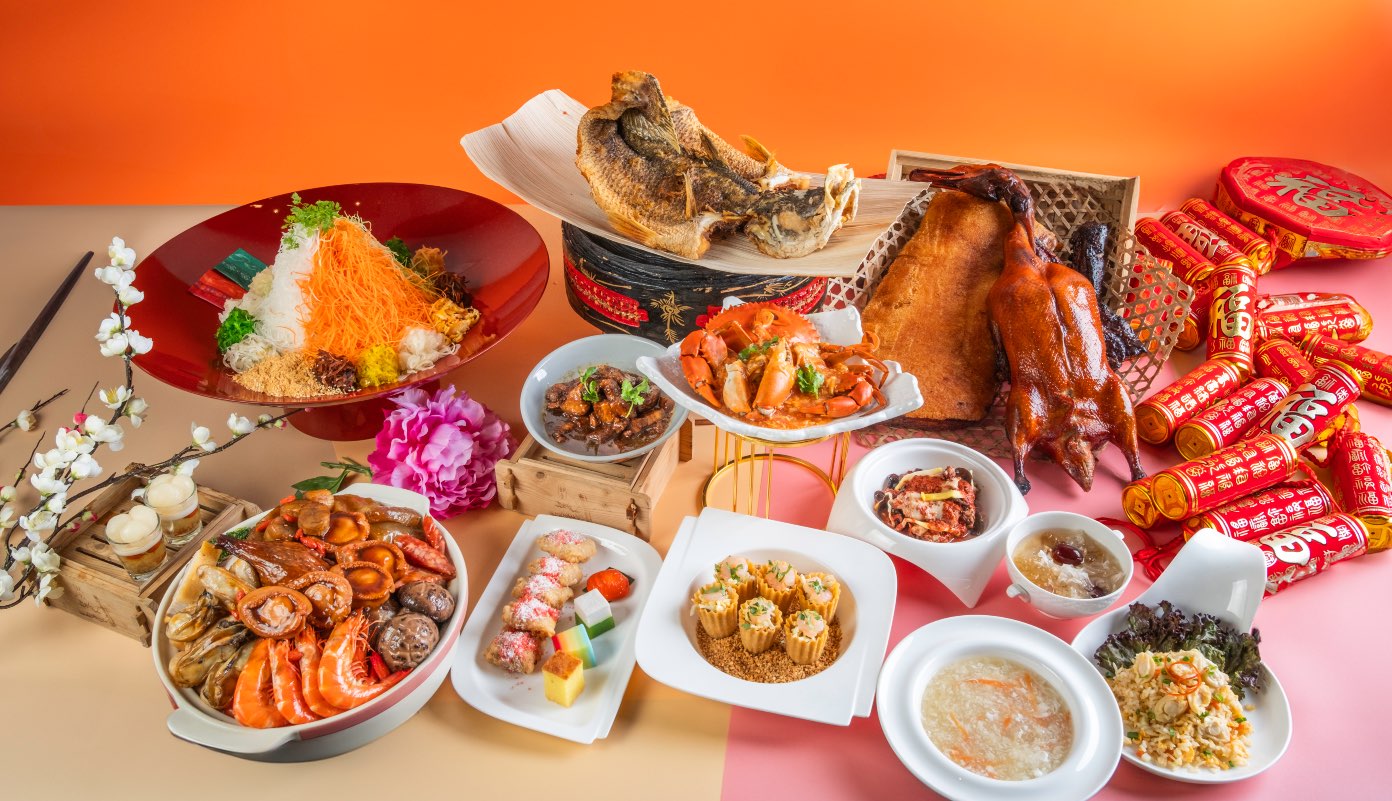One of the cool kids on the block, the Black Carvery Group never fails to excite fans of contemporary Japanese dining, presenting modern Japanese experiences with a distinct finesse that undeniably delicious and strongly authentic. As fans of Japanese cuisine, we caught up with co-founders Sam Chua and Chloe Tan to find out more about their inspiration and the group’s sleek, new Waga Waga Den café.
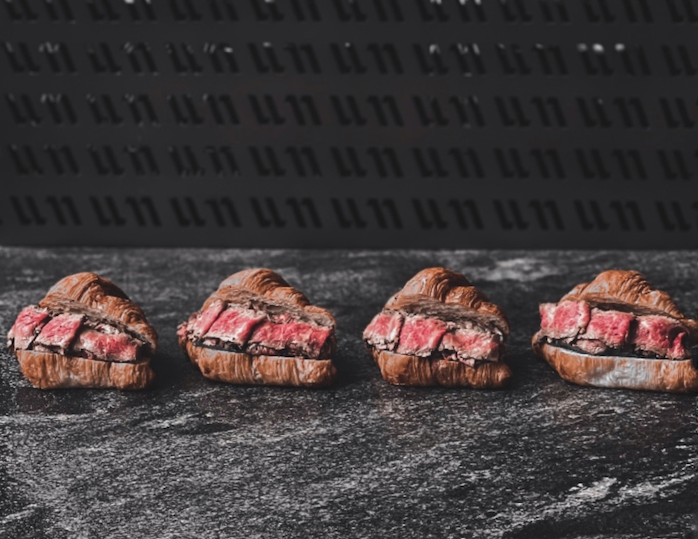
How did the concept for Black Carvery Group first come about?
Sam: While on a holiday in Tokyo in 2016, I had my first-ever experience with traditional sukiyaki at Ningyocho Imahan, a famous sukiyaki and shabu shabu restaurant that dates back to the late 1890s. That was my first ever taste of authentic Wagyu beef served in sukiyaki and shabu shabu. It was a life-changing dining experience – the texture and taste of the Wagyu was unlike anything I had ever encountered then.
After I returned to Singapore, I couldn’t find anything in restaurants here that were similar to what I’d had in Japan. Together with Chloe, we did some hard research and opened Black Cow in South Beach in October that same year.
From Black Cow and Shatoburian, to Waga Waga Den, your ventures have a deep affinity with Japanese culture, could you share with us more about that preference?
One of the reasons we started Black Carvery Group was because of how Japan has touched us over the many times we’ve been visiting the country. Both of us enjoy travelling, and each time we visit Japan, we are amazed not just by the cuisine itself, but the way the Japanese approach craftsmanship – anchoring it with respect, care, and a sense of community. And that is something we aim to bring to our guests with each of our dining concepts.
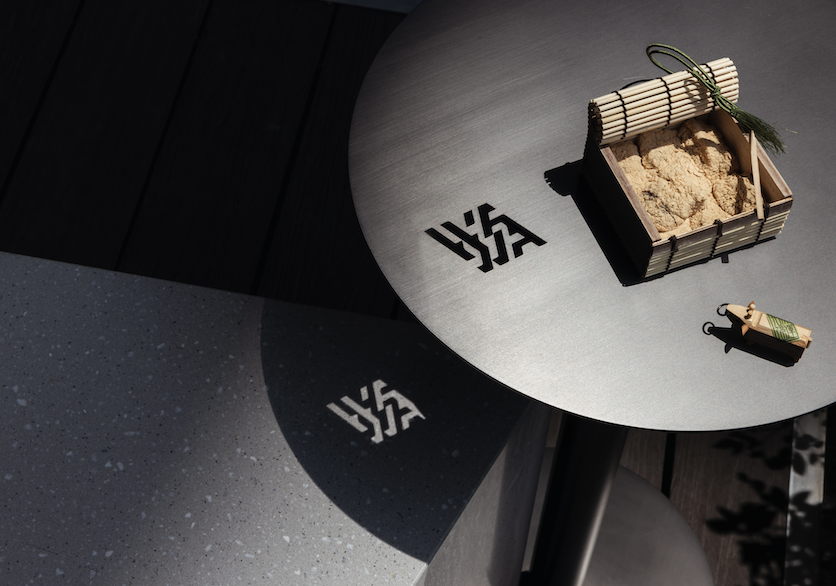
Coming from different backgrounds, what made you take the leap into the F&B industry?
After our travels in Japan, we observed a gap in the market here for premium seasonal Japanese beef from smaller producers, and wanted to share that same dining experience with Singaporeans who may not have travelled, or are able to travel to Japan.
We had no F&B experience, just a love for food and a deep respect for their provenance. Without the experience, it took us a while, but we are now proud to be working directly with a close-knit community of small producers across Japan, sourcing ingredients at their peak every week for our restaurants.
For fans of Japanese treats, what new offerings can we expect at Waga Waga Den soon?
We are constantly experimenting and finding new ways to excite our guests – we want to reshape the way diners think about “less than good” ingredients, and our culinary R&D processes are focused on that.
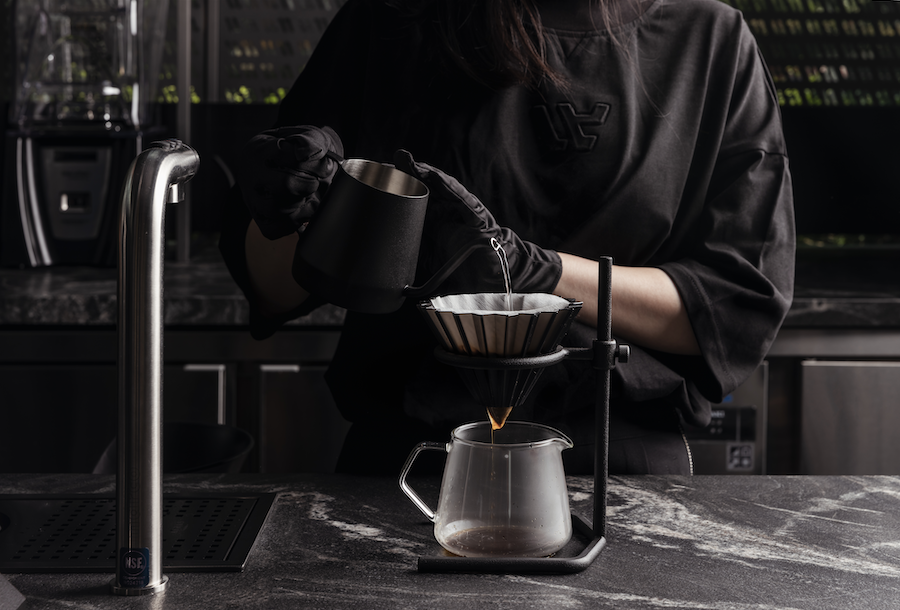
We love the consistent quality of your coffee blend – what are your criteria for picking your roster of partners and beans?
Our House Espresso is made from a blend of beans from both Brazil and Guatemala – Fazenda Samambaia 100% Topazio Natural, and fully washed Finca Concepcion Pixcaya Bourbon. It’s a locally roasted medium roast with low acidity and cocoa notes.
With all our partners, we source from small-batch producers who offer not just quality, but are aligned in vision with us. We roast our beans weekly with a Singapore roaster, and we work very hard to ensure consistency in flavour in every batch.
From your experience, what would you say are your favourite types of beans to complement an experience with Japanese treats?
Like sweets and bitter coffee, or chocolate, whisky, and red wine, wagashi (Japanese snacks) also have perfect pairings. For instance, the coffee we serve at Waga Waga Den, a Brazilian coffee with chocolate notes, is a perfect match for the earthy sweetness of red beans. It also pairs well with kuromitsu (black honey) and kinako (soybean flour).
To find out more about Waga Waga Den and their exciting new offerings, head over to their website here.



